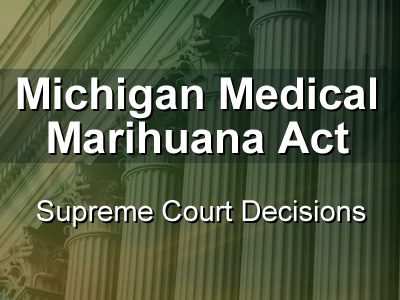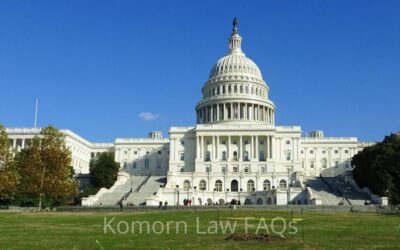Do cities and townships have the ability to restrict where caregivers grow medical marijuana?
Over the course of the legalization of Medical and Recreational marijuana many have debated about whether control over dispensaries should be at the local or state level.
Well the Michigan Supreme Court has decided to take that question on as it relates to the Medical Marijuana market.
A 2016 event in Byron Township, which is located south of Grand Rapids. A medical marijuana caregiver as well as patient registered with the state as a medical marijuana commercial grower back in 2016.
The township has zoning laws that restrict medical marijuana caregivers to use their homes for their grow operations and prohibits the use of commercial property. The township also requires caregivers to obtain a local permit.
The Township then ordered the patient to stop all operations the same year.
The medical marijuana grower then sued the Township.
In July of 2018 when the Michigan Court of Appeals upheld a lower trial court’s decision that stated there is no provision in the Michigan Medical Marihuana Act that would allow a municipality to restrict where caregivers can grow medical marijuana.
Serious about getting a license to operate a Cannabis Business?
PROTECT YOURSELF – DO IT THE LEGAL WAY FROM THE START
Contact Komorn Law… 800-656-3557
The Court of Appeals concluded:
We conclude that the Michigan Medical Marihuana Act permits medical use of marijuana, particularly the cultivation of marijuana by registered caregivers, at locations regardless of land use zoning designations as long as the activity occurs within the statutorily specified enclosed, locked facility
After that Court of Appeals ruling Byron Township, the Michigan Townships Association and the Michigan Municipal League appealed the ruling to our state Supreme Court. That is the status today.
Lawyers for the Michigan Municipal League wrote in their amicus brief:
The voters who approved the MMMA did not clearly intend to immunize medical marijuana patients and caregivers from all local land use laws, and the Court of Appeals’ finding of such immunity ignores both that lack of intent and the very concept of local home rule
It makes a lot more sense to have people who are truly accountable to the public making the decisions
This situation will certainly have an eye kept on it











